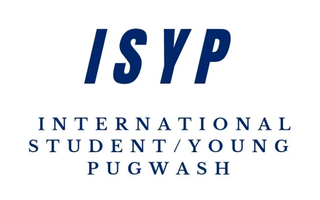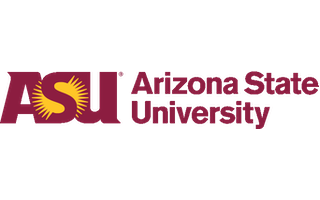There's only one place that's hierarchical in the Student Pugwash USA structure, and that's because it's required by DC law, where we're incorporated. The Board has complete authority and final say on anything that happens here, and takes legal responsibility for all actions of either the Student Pugwash or Rotblat Society network. Most of this authority is delegated to committees and working groups under normal circumstances, but this can be revoked if a program is determined to be working contrary to our mission, or is not allowed by DC nonprofit law.
That said, the Board maintains a laissez faire position and generally tries to delegate as much power and responsibility as it can. The less time they spend in the weeds of organizational matters, the more time is freed up for useful management. Like other positions in Pugwash, Board members are volunteers and part-time; they guard their commitment as jealously as you do, and taking over the reins of a project means more work.
The Board elects its own members to three-year terms, and any member can nominate themselves or others for Board membership. Ideally, nominees will already have come to the Board's notice because someone there has been impressed by their work in other areas, inside or outside of Pugwash. Under our bylaws, a minimum of 25% of the Board must be students or recent graduates—this is a floor, not a ceiling. Students are encouraged to apply.
Currently, there are four types of seats on the Board:
- Directors: The buck stops with the Board, but it definitely stops with the Directors. Directors have immutable power and responsibility for the organization, and can take actions that override the rest of the Board. This is because Directors also have legal liability for the actions taken by Student Pugwash USA; since they have veto power over the remaining Advisory positions on the Board, the Advisors have less responsibility because their power is delegated. We do it this way because we want young people to be involved on the Board level—but we want to protect them from the liability that a full Director has.
- Voting Advisors: Voting Advisors participate as Board members on most actions (defined in the bylaws), and vote as Directors do in roll call votes. But their vote is a privilege, not a right, and can be removed by the Directors—therefore the ultimate responsibility for actions taken by the Board remains with the Directors.
- Nonvoting Advisors: Nonvoting Advisors participate as full Board members in all discussions and can use the power of persuasion and argument, but when it comes time to take a formal vote, their preference is noted in the minutes but not officially counted. This makes this role a true advisory position, and is the starting point we recommend for young people and those new to nonprofit management. It's not a "promotion" to go from nonvoting to voting; instead, prospective Board members should take the role that suits them best.
- Corresponding Advisors: Finally, Corresponding Advisors are Board members who generally don't participate in Board meetings, but are on hand for certain roles and consultation.
The Board is presently open for nominations. Drop us a line if you have someone in mind.



